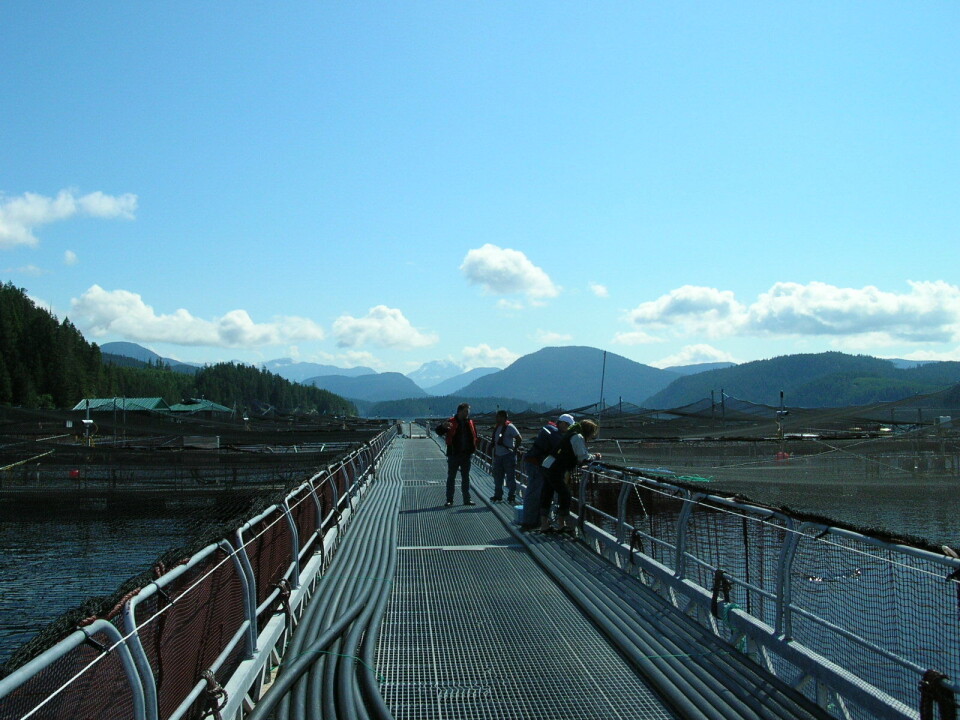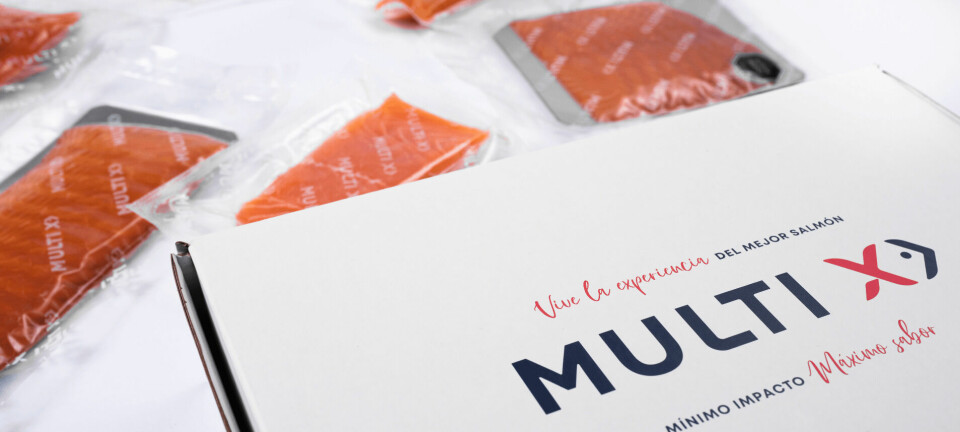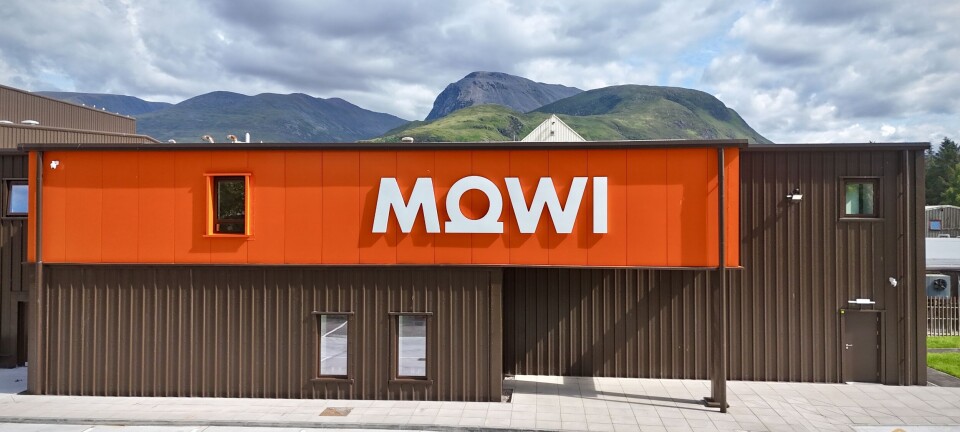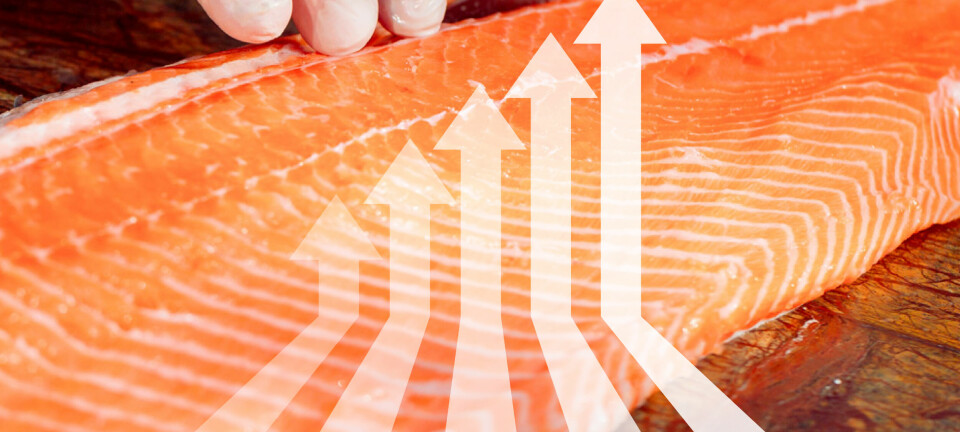
Former fish farm executive exposes ENGO’s
There is no doubt that many of the dozens of environmental groups that call British Columbia their home, receive a lot of money from some of the thousands of U.S. foundations- many of which were set up by wealthy, former industrialists. Some of these U.S. sources of funding also go to pay for the anti-aquaculture activities of some First Nations in B.C., such as the latest move to try to establish a class action law suit against governments in B.C. and Canada. Some four different Bands out of 203 in B.C. have been paid by the Pure Salmon Campaign for their efforts, while the majority of First Nations in the Broughton Archipelago have chosen to work with the industry.
During a presentation to the Campbell River City Council this week, Ms. Krause pointed out some of the links between the B.C. based environmental lobby and their U.S. based supporters. Grant Warkentin of the Campbell River Mirror reports;
The B.C. aquaculture industry is the victim of a multi-million-dollar American-funded “demarketing” campaign, says researcher Vivian Krause. Krause used to work as a manager for fish farming company Nutreco, but now lives in North Vancouver with her family. She hasn’t worked for the industry since 2007, and says she is doing her research and raising the issue as a “concerned citizen.”
She’s tired of seeing the industry attacked and has been researching its critics. She presented her research to council on Tuesday, in the hope it would inspire the city to get involved, or at least be more aware of the conflicts over aquaculture. “It seems to me that unless there’s some unusual intervention, things will remain the same,” she said.
Krause presented council with two research papers she’s prepared which show how many of the environmental groups speaking against aquaculture are funded by American foundations and organizations with an interest in promoting the Alaskan wild salmon fishery. She said that B.C. salmon farms have been targeted for “demarketing,” when one company promotes its product by pointing out the flaws in its competitor’s product.
One of her slides shown to council featured Apple’s “I’m a Mac, and I’m a PC” advertising campaign as an example of demarketing. The reasons for the campaign are purely financial, she said. “The rise of salmon farming had devastating market impacts on the commercial fishing industry, especially in Alaska,” she says in her paper titled Sea Lice Research: Science or Marketing? “As restaurants and grocers switched to farmed salmon over the 1990s, fishermen lost some of their prime markets and the value of Alaskan ‘wild’ salmon collapsed. “The Alaska Fisheries Office reported, ‘Alaska salmon continues to fall well short of the fine quality of farmed Atlantic salmon.’”
Krause said that since 2003, when the campaigns against farmed salmon gained momentum, many stores and restaurants have switched to sell wild salmon. And since then, she added, the value of Alaskan wild salmon sold has increased from $125 million in 2002 to $409 million in 2008. Her research also establishes financial links between the University of Alberta’s Centre for Mathematical Biology, which has done studies on how sea lice around salmon farms affect wild salmon runs, and American foundations and organizations, and also with B.C. environmental groups.























































